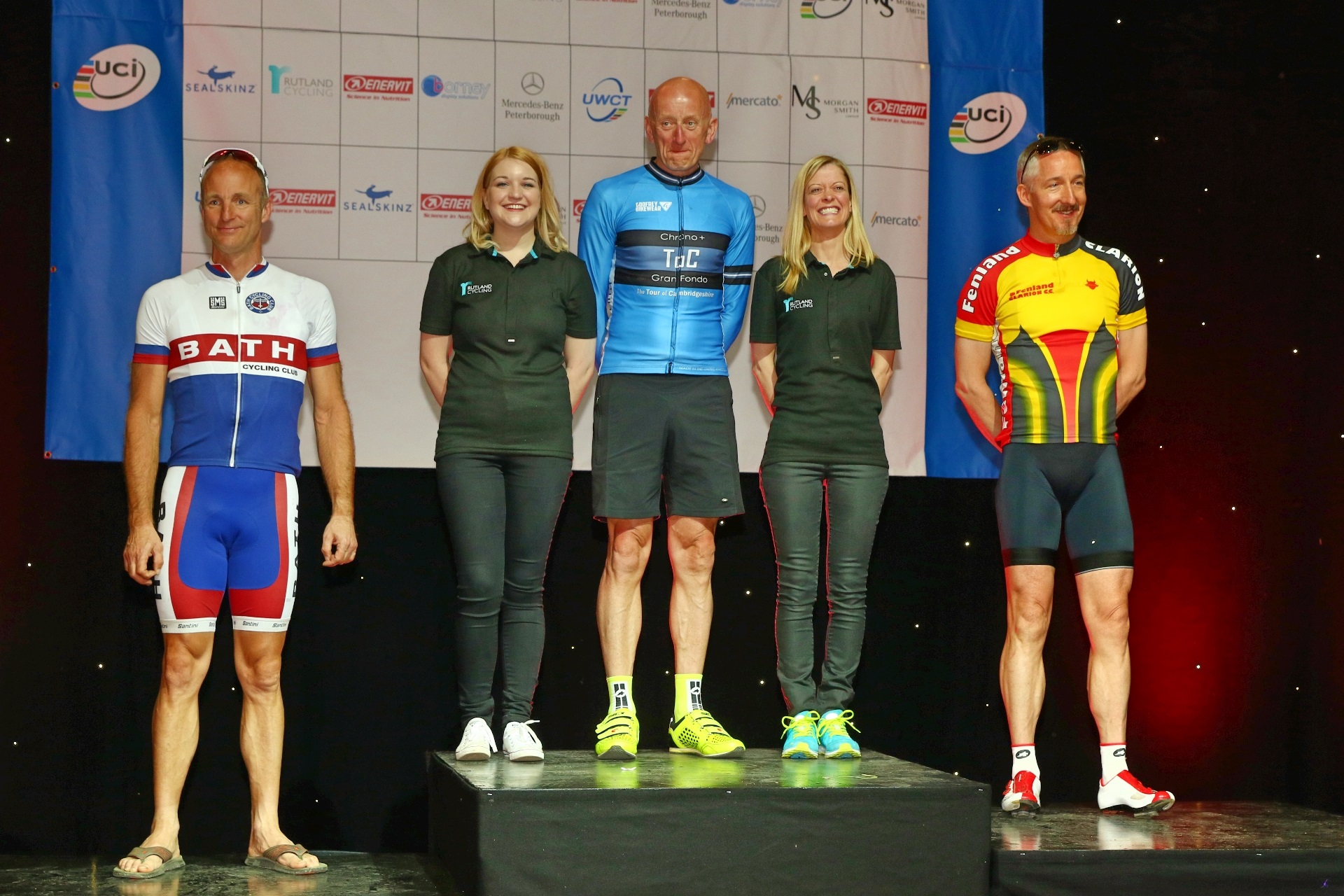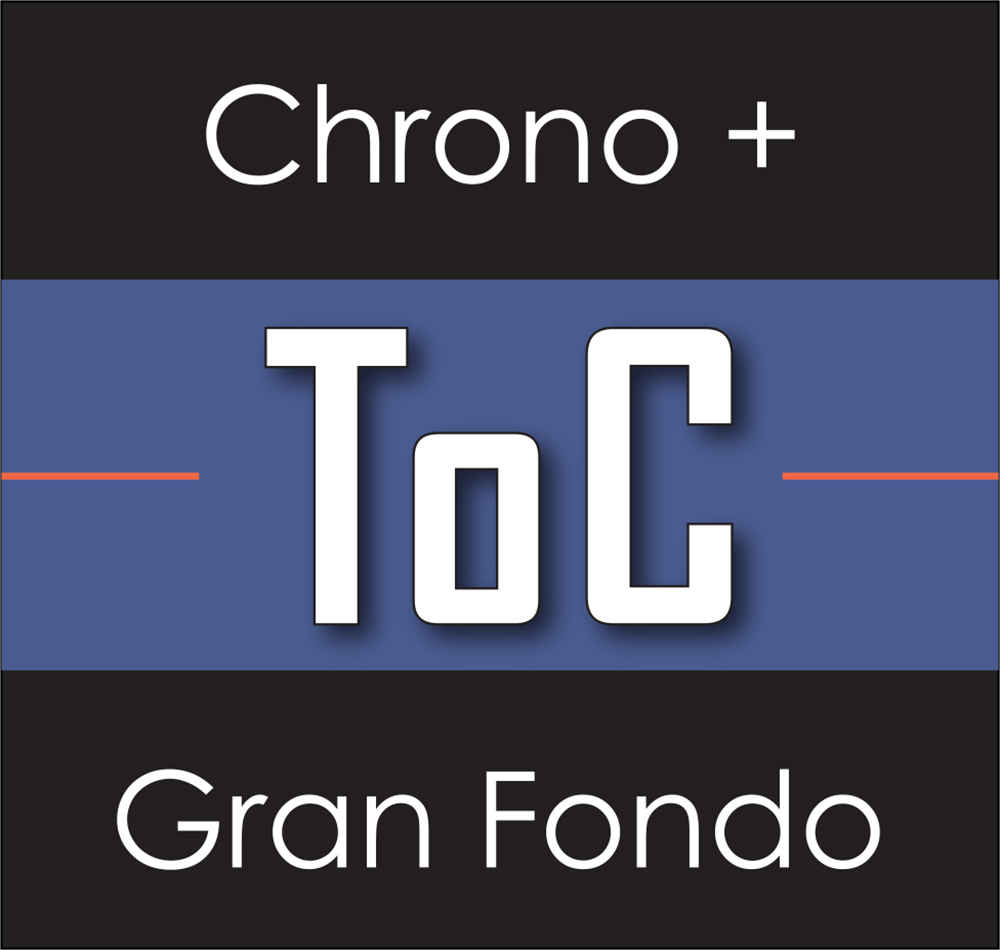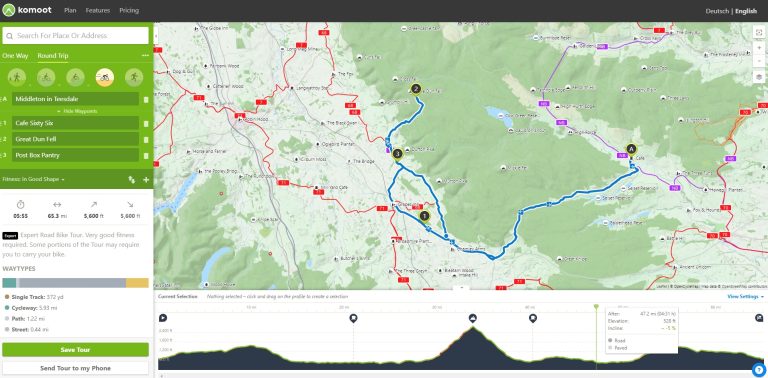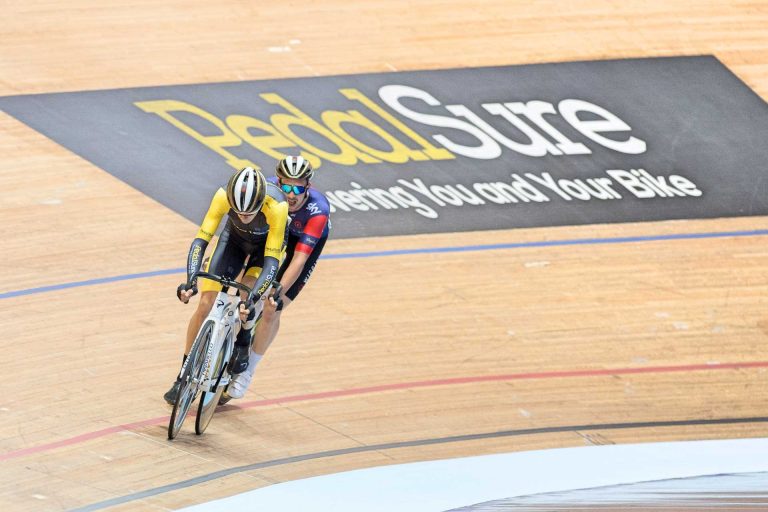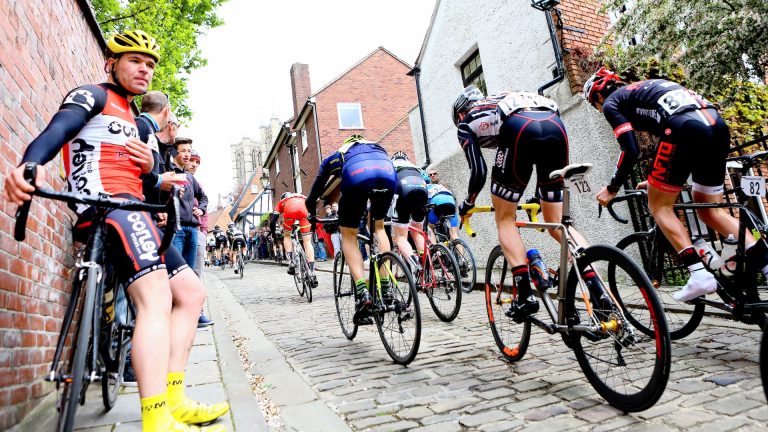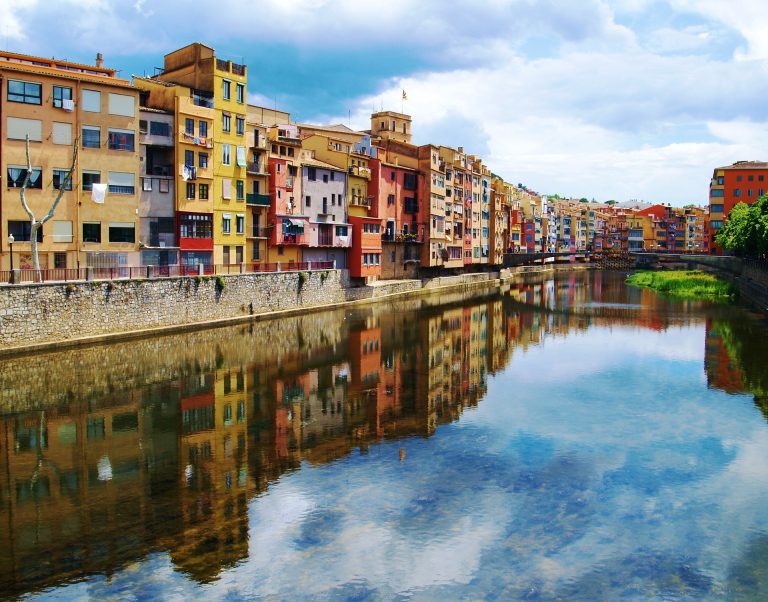Despite being forever told by event organisers across the land that a sportive is definitely not a race, there’s an emerging type of event in the UK – a ‘gran fondo’ – that aims to be different.
With its roots set firmly in Europe, and Italy especially, and events now all over the globe, the gran fondo is a phenomenon that has begun to appear in the UK, with the Tour of Ayrshire, which took place for the first time last month, and upcoming Tour of Cambridgeshire, set to return on Sunday June 4, the two officially-sanctioned events on the calendar.
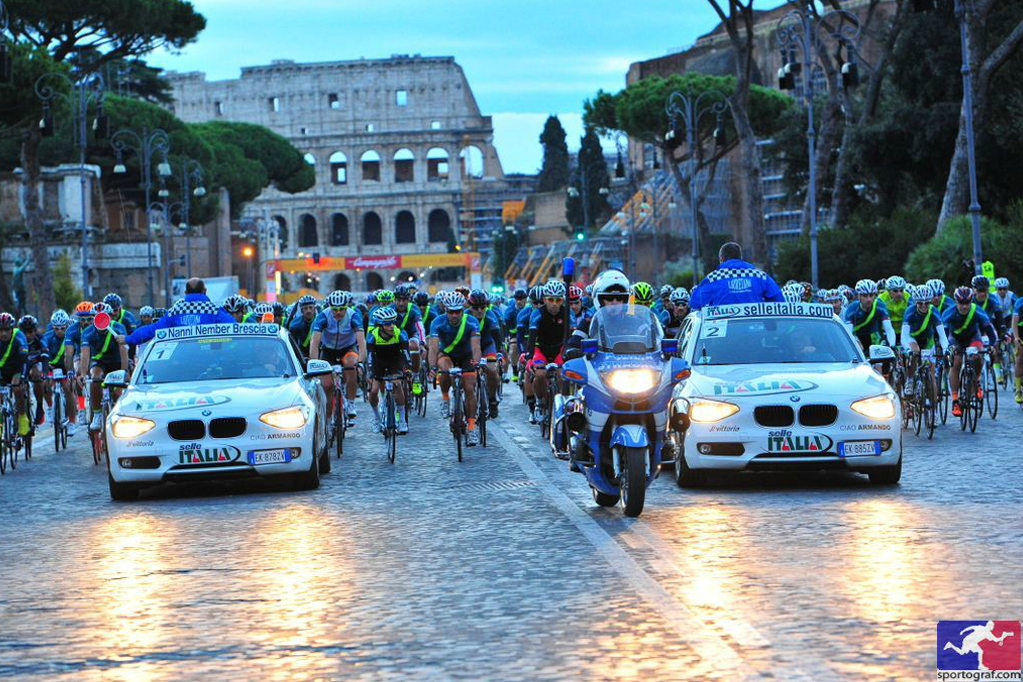
Instead of the get-to-the-finish mentality of a sportive, at its heart a gran fondo is a race, where riders are encouraged to finish in the fastest possible time. It’s even part of a UCI-supported series, with a season-ending World Championships to aim for and the holy grail of a rainbow jersey as the ultimate reward.
– Eight ways you can get involved in the Tour of Cambridgeshire –
And yet, the competitors are strictly amateur. Entries are split into two categories: Race, whereby riders start in an age classified pen and essentially race to the finish, and Sport, where things are a bit more mellow and riders start with other cyclists aiming for the same average speed.
As a mash-up between a competitive race and and an open-to-all sportive, it’s an enticing prospect. Want to find out more? We thought you might.


